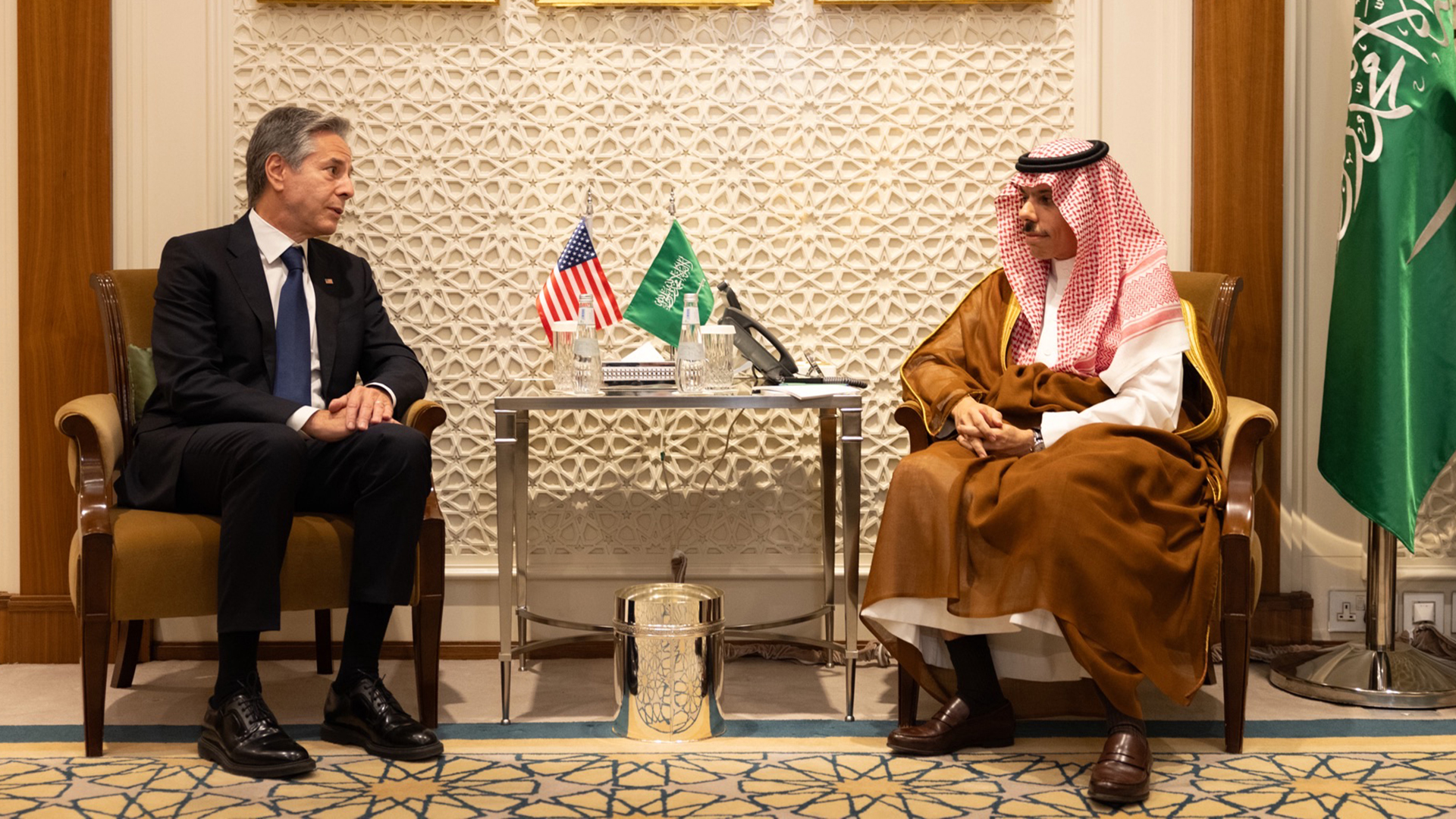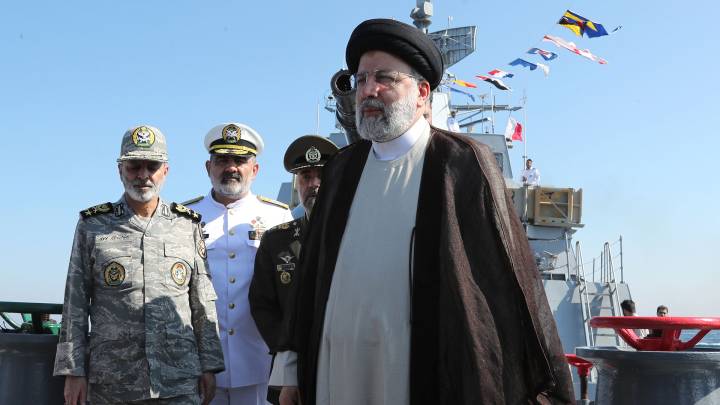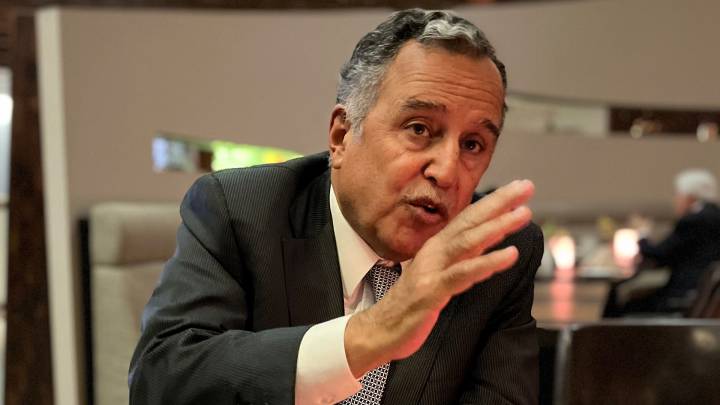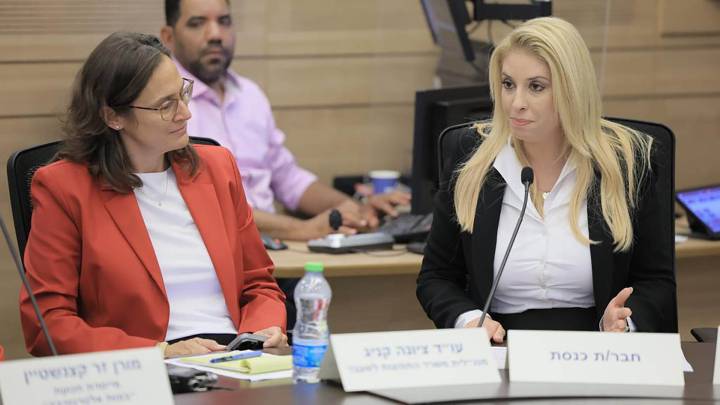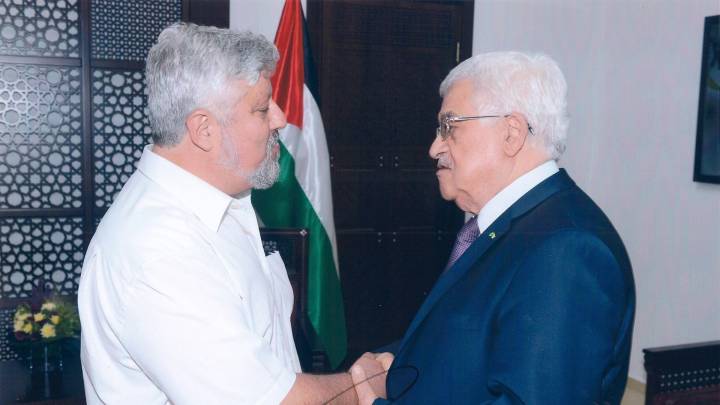Despite Joe Biden’s call, politics post October 7 in the Middle East are largely ‘consumed by rage’. Now the temporary truce in Gaza may provide a window for diplomacy. But what could an interim political solution involving the Arab world look like?
Currently, anger is driving the politics of the Middle East. Israelis are angry about what Hamas and its allies did on October 7. A state of shock has taken hold of parts of Israel - others demand retaliation or even revenge – and the actions in Gaza accordingly are relentless. In contrast, the Palestinians, and the Arabs as a whole direct their anger at Israel and the supportive attitude of Western leaders. Angered also by the fact that the Israeli government gives the settlers in the West Bank a free hand to attack Palestinians and their property, even though the latter are by no means responsible for Hamas' terror.
Yet this anger affects the ability of many politicians to come up with a vision how war could come to an end. Instead, they get themselves caught up in fundamental moral debates about how much violence is justified and who started what, or simply close their eyes to dramatic realities unfolding on the ground. However, innovative, unorthodox approaches aimed at stabilizing the situation by the principle of "step by step" are barely audible.
The principle of responsibility
Under the current circumstances, any plan would have to be limited to provisional stabilization with lasting prospects. Long-term Future and permanent solutions are not up for discussion, even if they should not be overlooked. If the situation in Gaza is left solely to current Israeli leadership and its military power, the Gaza Strip the humanitarian catastrophe will perpetuate itself. For obvious reasons Israel is currently incapable waging a war and thinking and acting politically in a way that would be necessary for a solution at the same time. As Arab states display no appetite to intervene militarily against Israel, the only options left for them is to either stay out or engage in diplomacy.
The diplomatic approach includes the principle of responsibility. In other words: Would it be possible for Arab or Muslim states to agree to temporarily assume responsibility in the Gaza Strip? Responsibility refers to improving living conditions, carrying out reconstruction, securing domestic order, and ensuring that Gaza refrains from launching attacks against Israel (and vice versa).
Such approaches require Israel to accept Arab responsibility for Gaza. So, why not? Egypt administered the Gaza Strip until 1967, at a time when Egypt and Israel were still at war. In this framework, the Arab side must accept that Hamas' rule over Gaza has expired. The question of whether Hamas can or will continue to exist as a political force in the foreseeable future should be left aside.
Most scenarios that have been sketched out so far, are mostly sound general and vague. They are usually limited to three alternatives: (1) Israel occupies the Gaza Strip and places it under military administration, (2) the Palestinian Authority is installed in the Gaza Strip under the protection of Israeli tanks, or (3) once Israel has literally reduced most of the Gaza Strip to rubble, the army withdraws, leaving the area to its fate, which would involve Hamas returning to power.
Most scenarios remain shallow. Most political leaders do not want to venture out from behind the covers. If you get specific, you expose yourself to critics who will slander your scenario, point out inconsistencies, or simply reject them on the basis that either party would not agree at all . Scenarios, however, thrive on the fact that they remain dynamic; they can only serve as a starting point for a meaningful discucssion, and be refined along the way towards solutions out of a dead-end situation.
Establishment of a joint Arab-Palestinian administration
What would a more concrete, alternative scenario based on the principle of Arab responsibility look like? Possible steps could be:
- Israel agrees to a ceasefire lasting several weeks, which will be used for political negotiations. This ceasefire does not have to start tomorrow and can be interrupted, or example, to prevent rocket fire from Gaza. However, it should take place soon and be announced in a binding manner. Stopping the all-out destruction is the only viable incentive for any authority beyond Hamas to agree to take responsibility, which should be in Israel's utmost interest.
- A permanent Gaza conference is established, consisting of Israel, the USA, the European Union, the United Nations, and the veto powers of the UN Security Council; as well as the Palestinian Authority and those Arab states that have already been constructively involved in the Middle East conflict. Egypt, Jordan, Qatar, the United Arab Emirates, Morocco, Saudi Arabia, and the Gulf Cooperation Council could establish a permanent multinational Arab military and police force on an ad hoc basis, the leadership of which is assigned to an experienced Arab individual of high integrity.
- At the same time, an assembly of experts, notables, and respected families from the Gaza Strip must be convened, which appoints the head of a provisional civil administration. Together with the Arab ‘interim governor’, this head takes over the affairs of government equipped with an independent budget. In exchange, Israel guarantees an immediate moratorium on the construction and expansion of settlements in the West Bank and any expropriation of Palestinian property in Jerusalem; in addition, the Israeli government orders the disarmament of settler militias by the IDF.
- The Arab ‘mandate’ over Gaza and the Palestinian civil administration is limited to a period of four years. Israel assures Arab states with which it already maintains diplomatic relations, as well as the international guarantor powers, by contract that they can supply the Gaza Strip via Egypt, the Mediterranean, or even by air as soon as an airstrip has been constructed under the supervision of the Arab interim governor. Israel also guarantees the supply of electricity and drinking water at market prices.
- The powers participating in the agreement - including Israel - pay into a fund according to a fairly negotiated formula that corresponds to the capabilities of the respective power, which is used for humanitarian aid and healthcare and the establishment of vital administrative structures.
Unresolved question: Should the release of the hostages be left out or made a pre-condition?
One pressing question must nevertheless remain unanswered: The release of the remaining Israeli and international hostages held by Hamas in the Gaza Strip. On the one hand, it would be hard to imagine Israel would unilaterally engage in a long-term ceasefire without this being guaranteed. On the other hand, Hamas is not a negotiating party in the aforementioned scenario. Furthermore, it is unclear where the hostages are and whether other actors besides Hamas hold them captive. At the same time, the approach described here could derail the negotiations that are already underway, or drag them out, if the hostages were to become the subject of an overall diplomatic solution. Finding a clever way to dovetail the processes in a conflict-sensitive manner lies in the hands of those powers who know the status of the negotiations best.
Any solution should be about a diplomatic give and take, which undoubtedly shows that immediate stabilization of the situation is possible if one manages to control the anger of all parties involved. This can only be sustainable if their respective view of the conflict, and their grievances, are equally integrated into the possible solutions. This is obviously no easy task. To make it viable however, one should, for the time being, leave aside both the distant future and the past.
Daniel Gerlach is the director general of Candid Foundation and editor in chief of the German Middle East magazine zenith. Dr. Naseef Naeem is a constitutional scholar and research director of the Middle East expert and consulting group Zenith Council.
